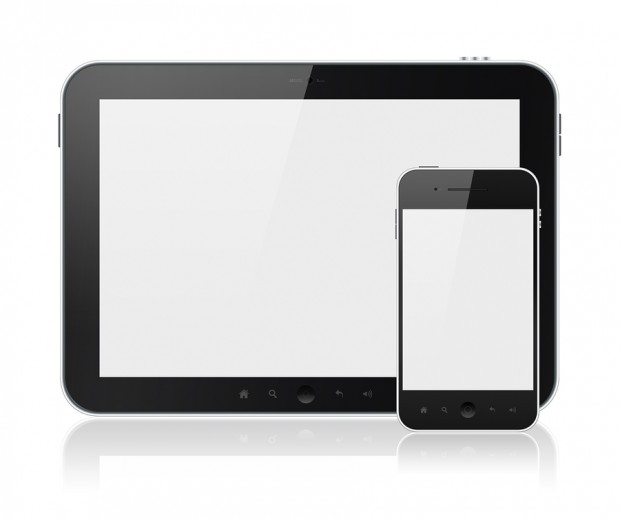Do you remember when Palm introduced its revolutionary products back in 1997?
Executive Summary
Property/casualty insurers, like other employers, are allowing employees to use mobile devices—both employer- and employee-owned devices—to get their work done. But the law concerning an employer's right to monitor and access information on the devices remains unsettled, explains Marc Voses of Nelson Brown & Co., also providing a list of best practices outlined by a federal government agency.Life then was simpler when it came to protecting corporate information on mobile devices, such as the PalmPilots and other PDAs (personal digital assistants). While the devices were portable, the volume and nature of the corporate data employees could go “mobile” with pales in comparison to today’s devices.
The concepts of “bring your own device” (BYOD) and “corporate owned, personally enabled” (COPE) raise legal issues that companies did not have to address as often with prior mobile devices. With today’s mobile devices capable of accessing the internet and personal email, as well as transferring and storing significant volumes of data, corporations are more eager than ever to explore all available options to safeguard sensitive information.
























